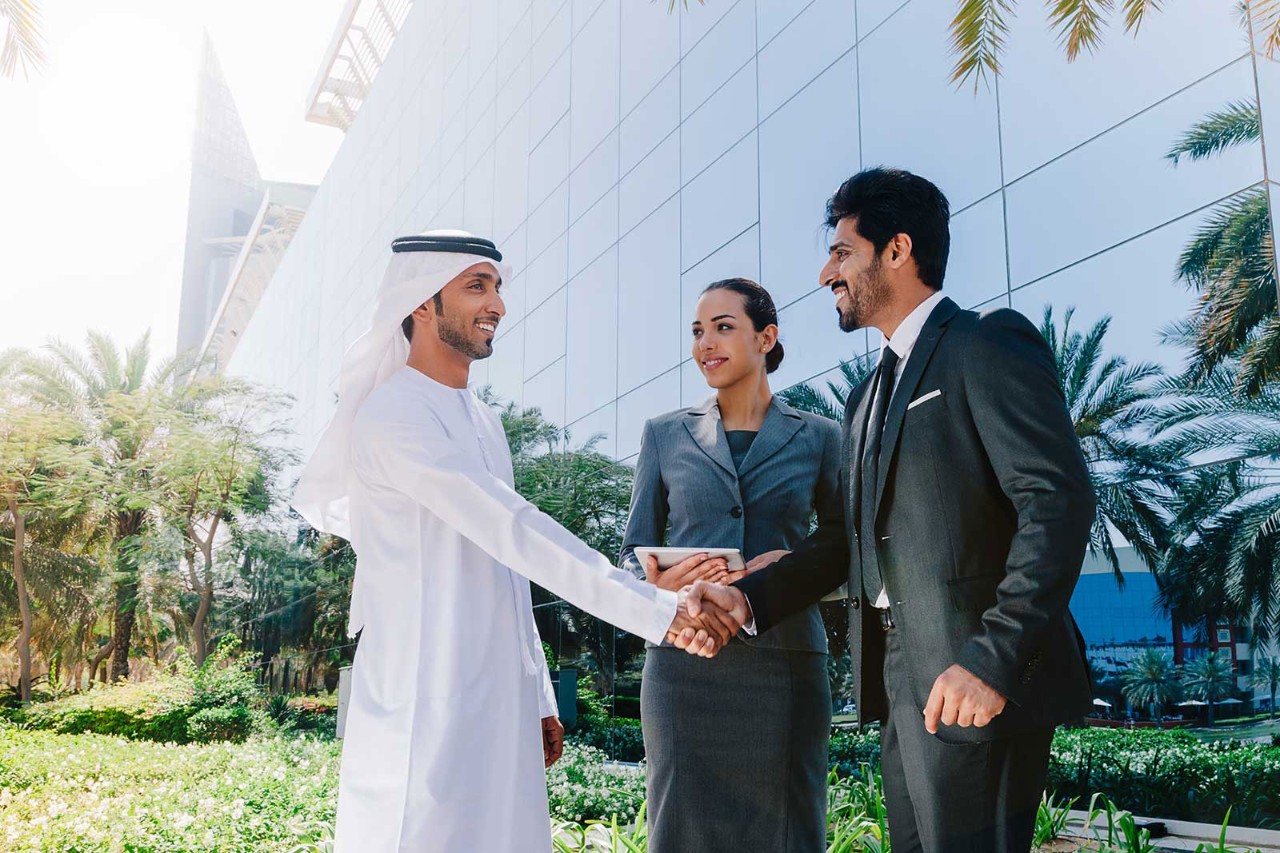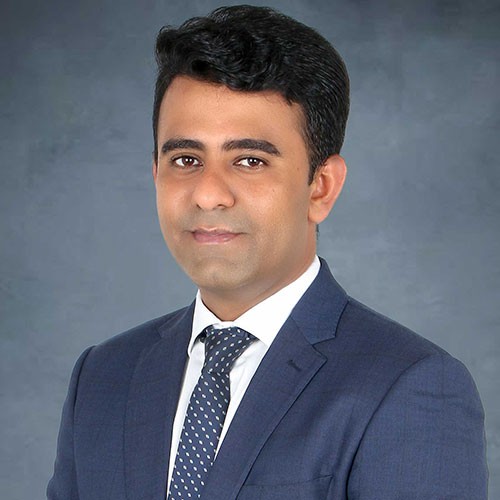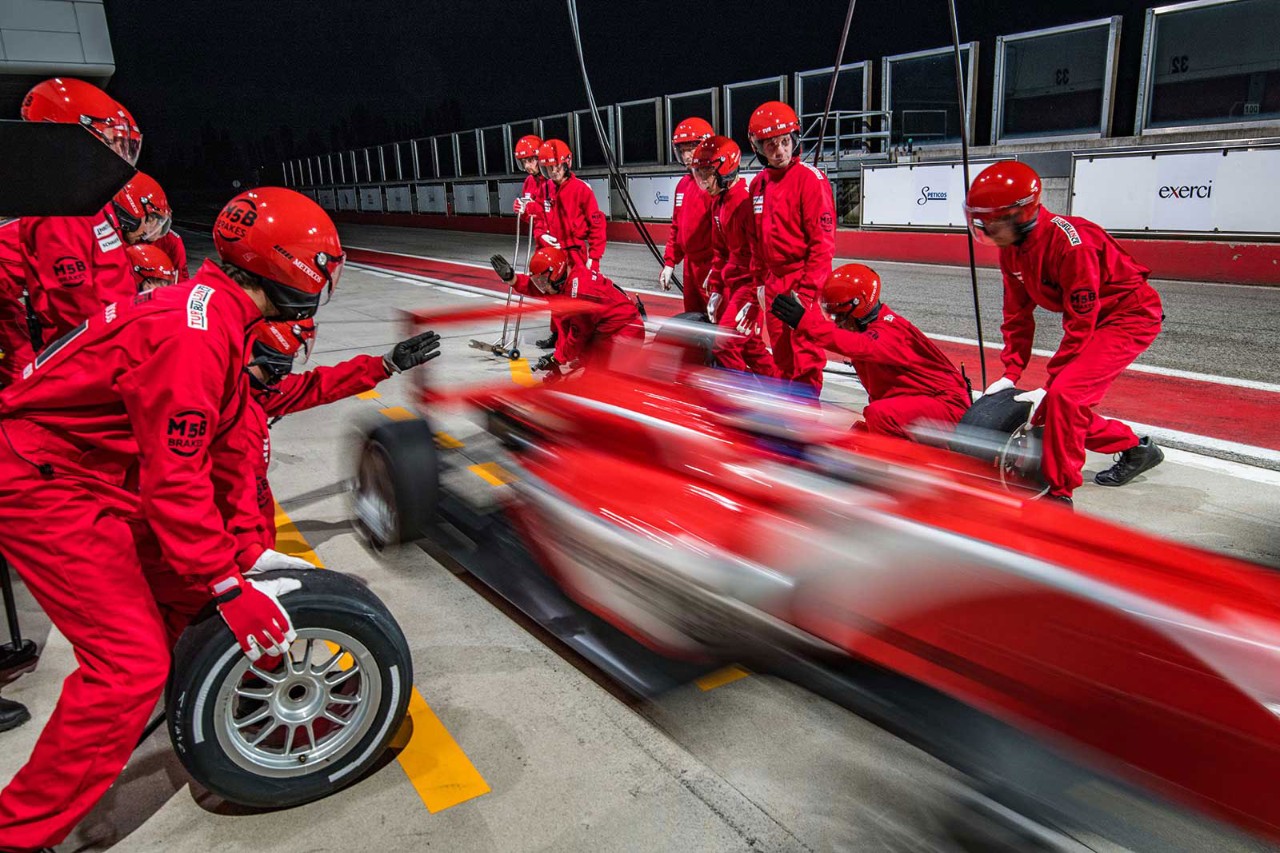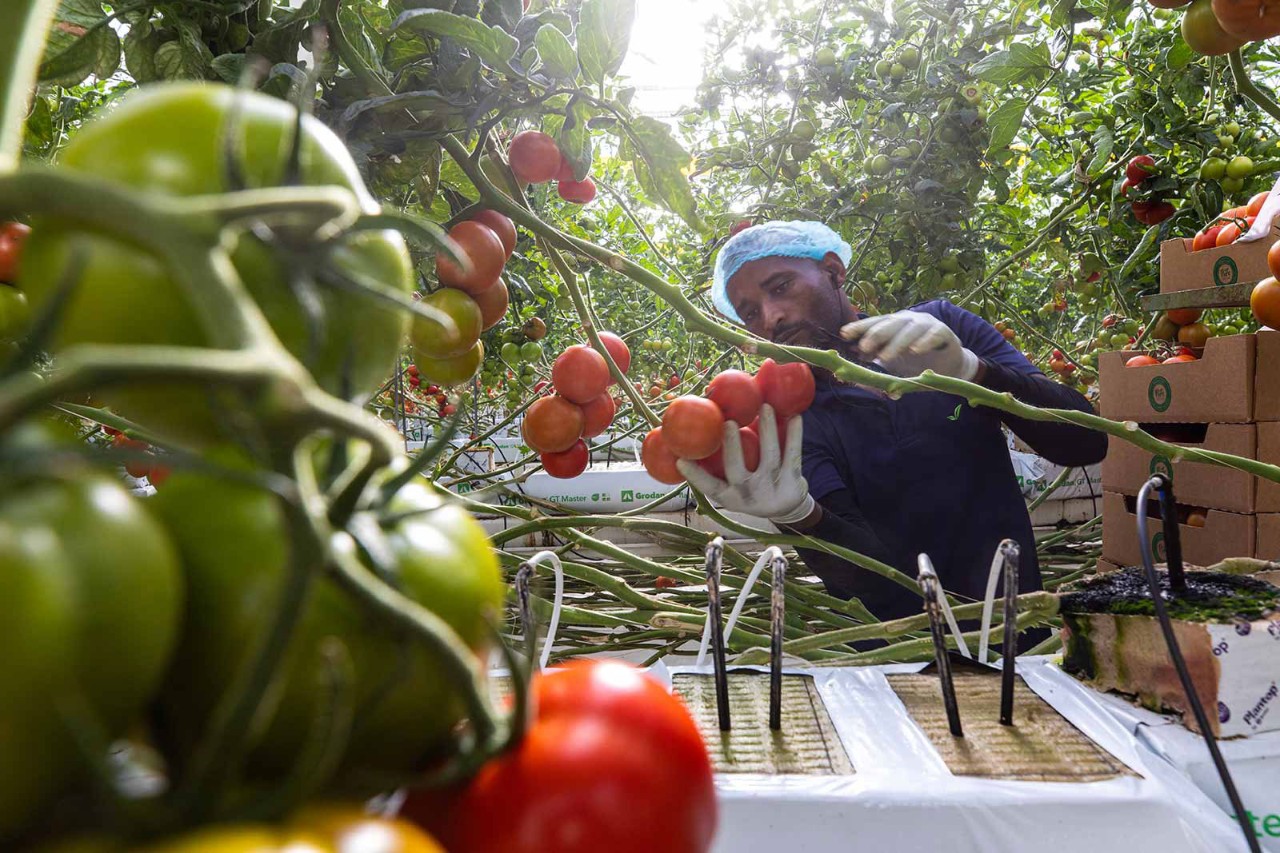
Faced with an economic slowdown, a fluctuating rupee, a fall in inbound foreign investment and a hike in prices for energy and utilities, Pakistan will have to embrace technological advances and become more sustainable to fuel economic development and growth.
To explore how to cope with these many challenges, along with increased complexity in doing business, ACCA Pakistan recently hosted a series of conferences on the contribution accountants can make to a sustainable future. These were held in Multan (trade and agri-exports hub), Faisalabad (textile and exports hub) and Peshawar (provincial capital and northern trade route gateway). Each event brought together leaders to share insights on embracing new technologies and approaches to create an environment supportive of innovation and entrepreneurship.
‘Accounting professionals, in particular ACCA members and future members, have a common vision to ensure that efforts to address the United Nations’ Sustainable Development Goals (SDGs) touch every area of the economy, from the public and private sectors, to manufacturing and export,’ said Assad Hameed Khan, head of ACCA Pakistan.
‘We have to work on digital transformation, artificial intelligence and the ecosystem’
The SDGs are 17 interconnected goals that aim to create shared and sustainable development for people and the planet. Implementation of the SDGs could potentially impact every part of Pakistan’s economy and is a key driver of sustainable growth and business confidence – and technology is key.
‘We have to work on digital transformation, artificial intelligence and the ecosystem to capitalise on the huge national youth dividend. We also need to promote Pakistan as a hub of accounting and finance outsourcing services, diversifying the national exports mix and positively contributing to the current account deficit challenges,’ added Khan.
Facing uncertainty
‘For Pakistan to move in the direction of greater technology adoption and sustainability, it will have to honestly forecast uncertainty,’ said Dr Akber Ali Khan, accountant general for the Government of Khyber Pakhtunkhwa, the province with the country’s third largest economy.
‘We must identify problems, build teams, and learn from crises’
Without collaboration between different organisations and bodies, it will be impossible to create a prosperous and sustainable future. A challenge for Pakistan, a country with more than 240 million people, is that different departments and agencies often work alone without the benefit of coordinated policies or a single roadmap.
‘We need wisdom and knowledgeable persons,’ Dr Khan said, adding that professionals need the right mix of insight and know-how to lead with integrity, and that stronger collaboration between organisations is vital.‘
‘We cannot work in isolation. We must identify problems, build teams, lead the country and learn from crises,’ Dr Khan said. ‘We have to focus on the rules of business, politics and governance issues, psychological, social and mental, and emotional issues, which our society is facing.’
Environmental degradation, urbanisation, overpopulation, mass migration to the cities and shifting economic dynamics cost Pakistan’s economy about US$2bn every year, said Walid Iqbal, a member of Pakistan’s Senate.
‘We will face many difficulties and pain on the way to sustainable development, but we are determined to fight this uphill battle, to stick to this path as it is the only road to realise our dream: sustainability,’ Walid said, noting that the key challenges include a lack of infrastructure and planning.
‘Modernisation will promote the sustainable development of humanity’
All this, he added, goes far beyond the numbers but is linked to environmental, social and governance considerations. ‘Passion and courage’ to take bold steps will be key to drive the country to a sustainable future.
‘We must put people first and ensure modernisation is people-centred. People are the creators of history and the strong bedrock in advancing modernisation,’ Iqbal said.
‘With the focus on the aspirations of people for a better life and the further progress of civilisation, we must strive for political integrity, cultural and ethical enrichment, social stability and a pleasant living environment so that modernisation will better meet diversified needs.’
Looking ahead
According to Iqbal, ‘modernisation will promote the sustainable development of humanity by not only increasing the wellbeing of the current generation but future generations as well’.
He added: ‘The global economy is changing very rapidly. After the tech revolution, the role of human beings will change. Our children will do very different jobs.’
The questions are many, he said, and concern how to catalyse artificial intelligence (AI) and changes in society and how to prepare for the changes and ensure that citizens have the right knowledge to be active members of global society.
Pakistan’s next generation will have to adopt AI and embrace modernisation to move forward with all aspects of the sustainability agenda.
‘Together we can overcome uncertainty and pave the way for a brighter, more sustainable tomorrow,’ said Khan. ‘All stakeholders’ roles are pivotal in this inspiring journey towards a future defined by ethical leadership, trust, sustainability and entrepreneurial excellence. Let us be bold, let us be visionary, and let us shape a world that future generations will be proud to inherit’.



